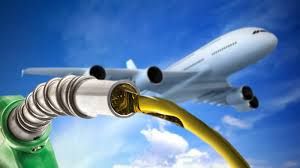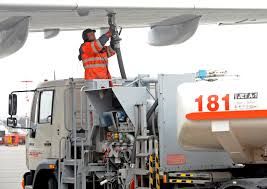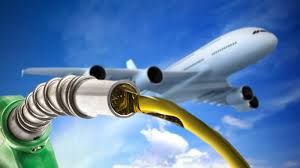


Precio FOB
Obtener el precio más reciente|
- Minimum Order
País:
Russia
N º de Modelo:
-
Precio FOB:
Lugar de origen:
-
Precio de pedido mínimo:
-
Cantidad de pedido mínimo:
-
Detalle de embalaje:
-
El tiempo de entrega:
-
Capacidad de suministro:
-
Tipo de pago:
-
Grupo de productos :
-
Jet fuelis
a specialized type of aviation fuel designed for use in aircraft
with jet engines, including both commercial and military planes.
It is a refined hydrocarbon product derived from crude oil,
specifically engineered to meet the demanding performance and
safety standards required for aviation.


Types of Jet Fuel:
Chemical Composition:
Physical Properties:
Additives:
Safety and Standards:
Environmental Considerations:
Storage and Handling:
Jet fuel is a critical component for modern aviation, enabling the reliable and efficient operation of jet engines and ensuring safe travel in both commercial and military aircraft.
| País: | Russia |
| N º de Modelo: | - |
| Precio FOB: | Obtener el precio más reciente |
| Lugar de origen: | - |
| Precio de pedido mínimo: | - |
| Cantidad de pedido mínimo: | - |
| Detalle de embalaje: | - |
| El tiempo de entrega: | - |
| Capacidad de suministro: | - |
| Tipo de pago: | - |
| Grupo de productos : | - |

